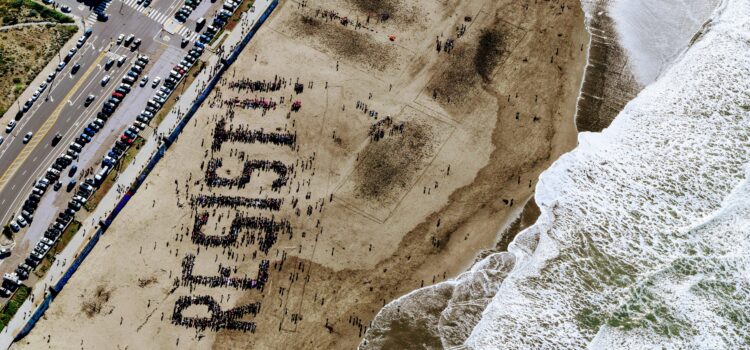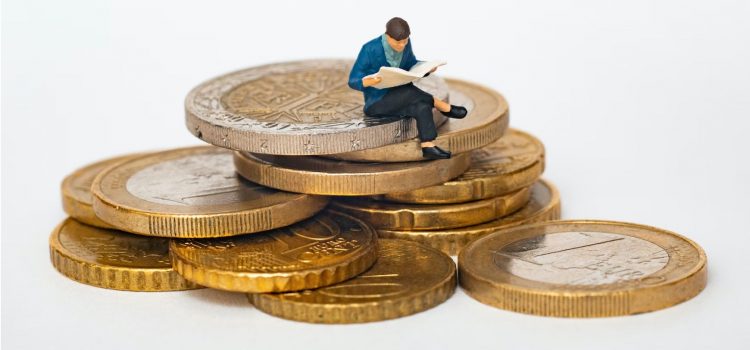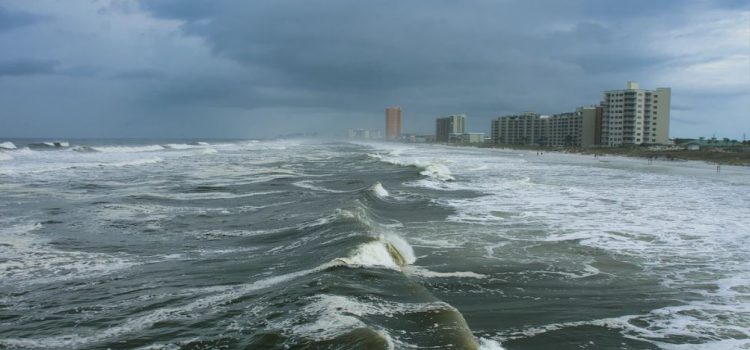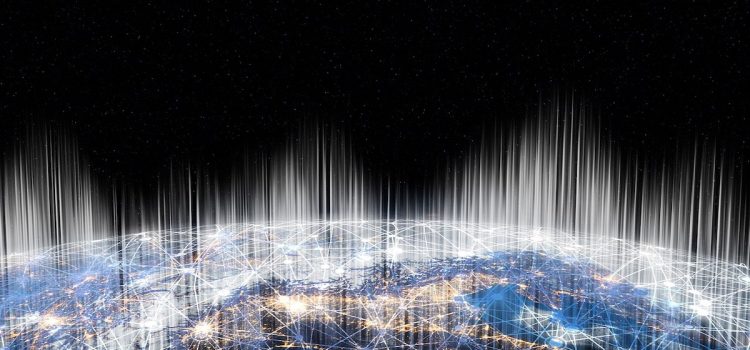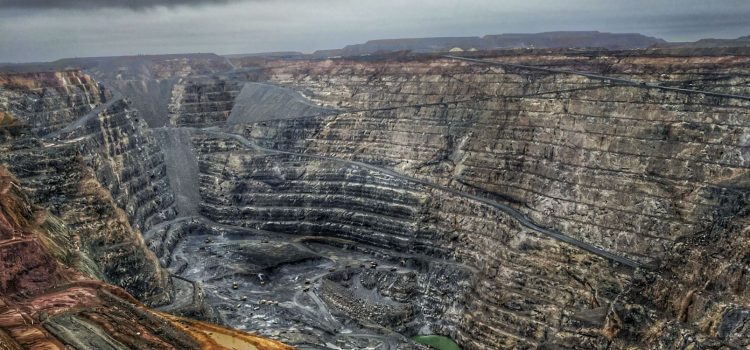Are you feeling burned out? Do you sometimes feel like retreating from the world, either temporarily or permanently? In her book How to Do Nothing, Jenny Odell discusses different ways people try to resist capitalism, particularly the attention economy mindset of placing a monetary value on time and attention. She identifies the methods she believes are flawed and then shares what she thinks is a better way. Read more to learn about the wrong and right ways to resist capitalism and take back control of your life.
Resisting Capitalism: The Wrong & the Right Ways to Fight Back
